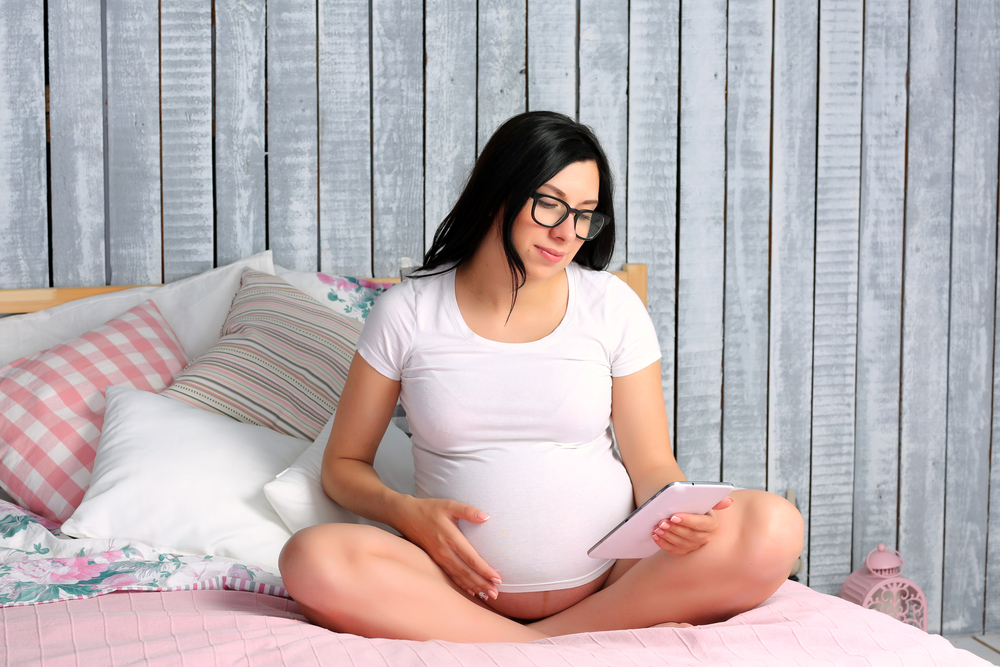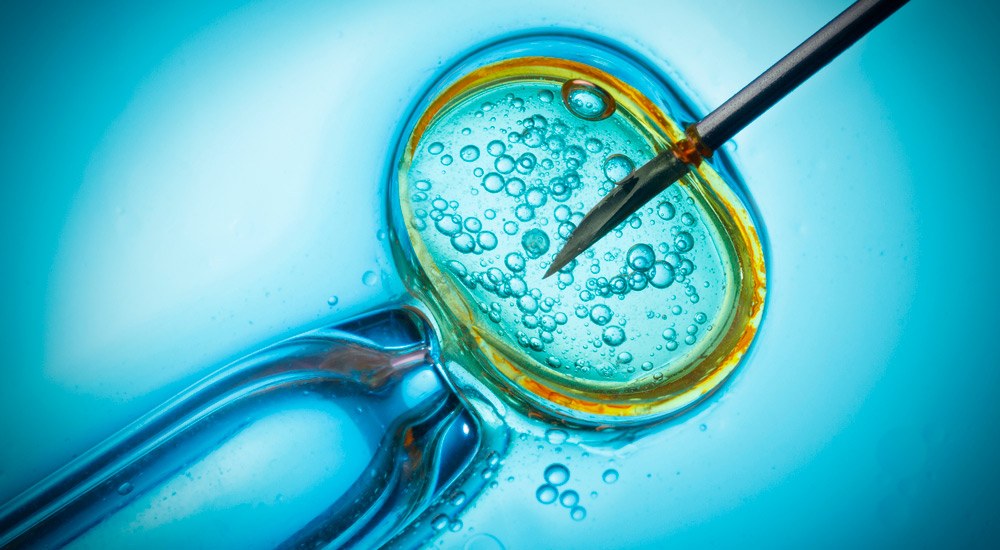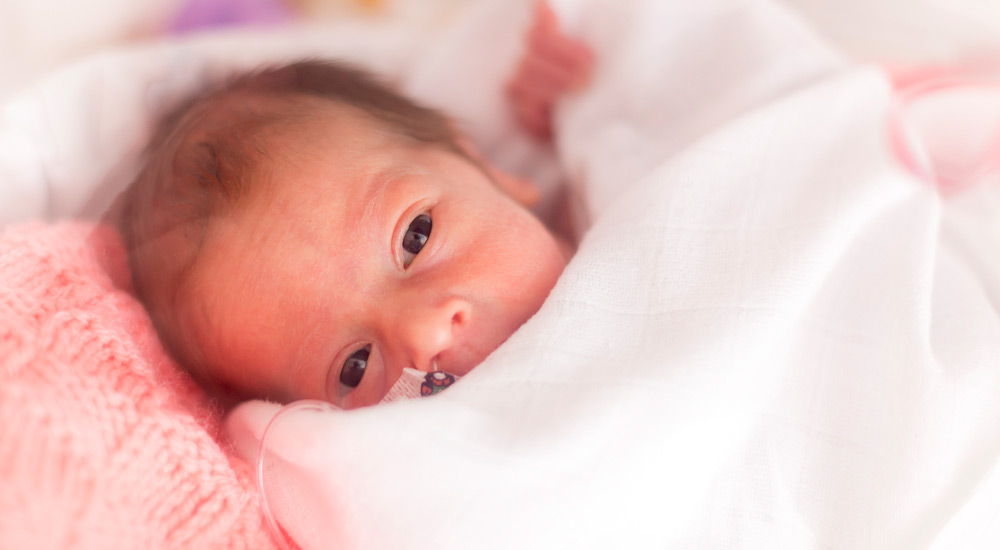
The days when all women after 25 a spinster, in the past. But the prejudices are still there. Tell why you do not need to set a goal “have a child before 30”.
1. With age harder to get pregnant
That’s true, but the difference is not so significant. If you compare the chances of pregnancy in the average girl in 27 and 35 years, in 8 years they will be reduced from about 86% to 82%. That is, the probability still remains high.
2. Increased risk of miscarriage

After 35 years does the likelihood that the pregnancy will be interrupted, increases in 1.5 times. But 15-20% of all conceptions, and so end up in miscarriages, and most women don’t even notice them (early on they can report only the more abundant and painful periods than usual).
So the body gets rid of embryos with abnormalities: it will have no impact on the health of the woman or her ability to give birth in the future. Therefore it is not necessary to abandon the idea of having a baby because of fear of miscarriage.
3. After a 30-minute health already
It is not necessary. At this age health depends more on lifestyle than numbers. You would be 70 years – then Yes, nature to argue is useless. And between 25 and 35 years is no fundamental difference.
4. You will need to do IVF
 No, more than 80% of women under 40 get pregnant over a year without the help of doctors. But more than half of the girls who decided on this procedure are under the age of 35.
No, more than 80% of women under 40 get pregnant over a year without the help of doctors. But more than half of the girls who decided on this procedure are under the age of 35.
And in IVF there is nothing wrong – all the myths about this procedure, we are dispelling in the article “ECO: 7 myths about the fertilization “in vitro”.
5. The hospital will call “staracademy”
Who is 35 does not consider women staracademie, and the word itself is offensive: the good doctor not so expressed.
Besides, there is a concept in the times when it was considered commonplace to have a baby in 18 years. Now many women prefer to give birth after 30, and this is no surprise.
6. In adult women born preterm

Studies show that after 40 years the probability of do increases 2 times (compared to age 25-29 years). But, again, it largely depends on the “individual risk factors” are: stress, bad habits, bad environment, etc.
Co-author of the study from the London school of Economics Alice Gazis comments on these statistics: “the Results of our work show that a woman should not worry about your age, preparing to become a mother. Another thing – the prevailing circumstances of life, behavior, habits. To think about it each.”
7. Increases the risk of having a baby with a genetic deviation
It’s true: after 35 years in several times increases the probability of the birth of a baby with down syndrome. But it is possible to know in advance if to undergo additional genetic testing. And the risk is still quite low: approximately 1:100.
